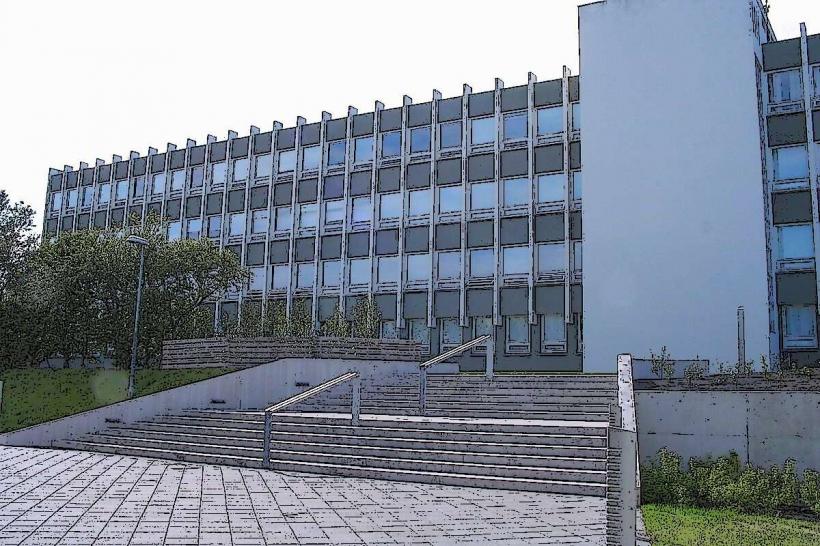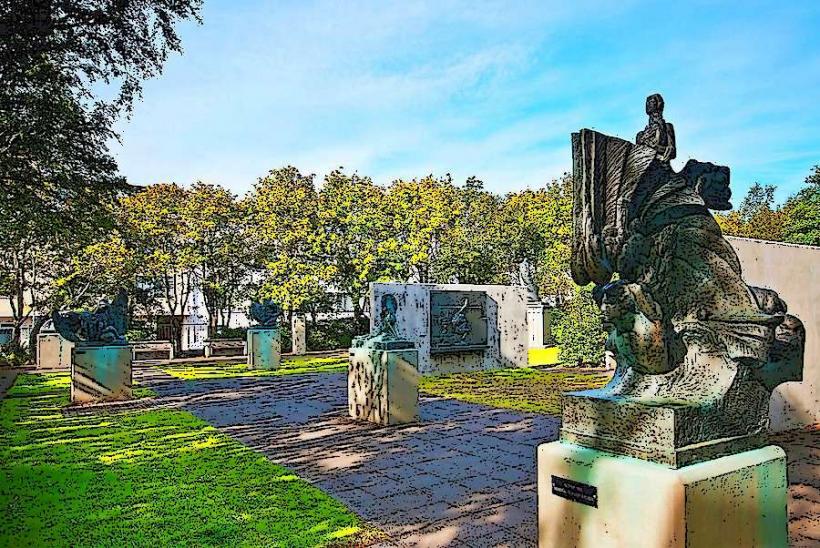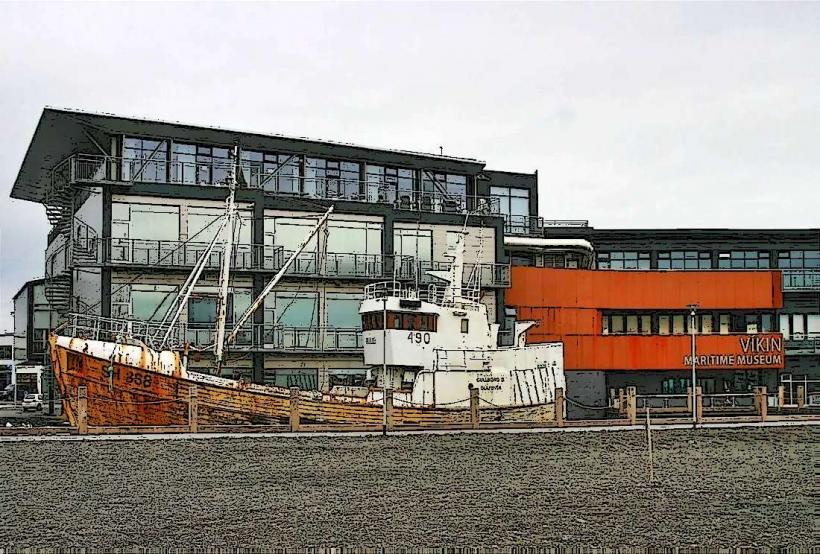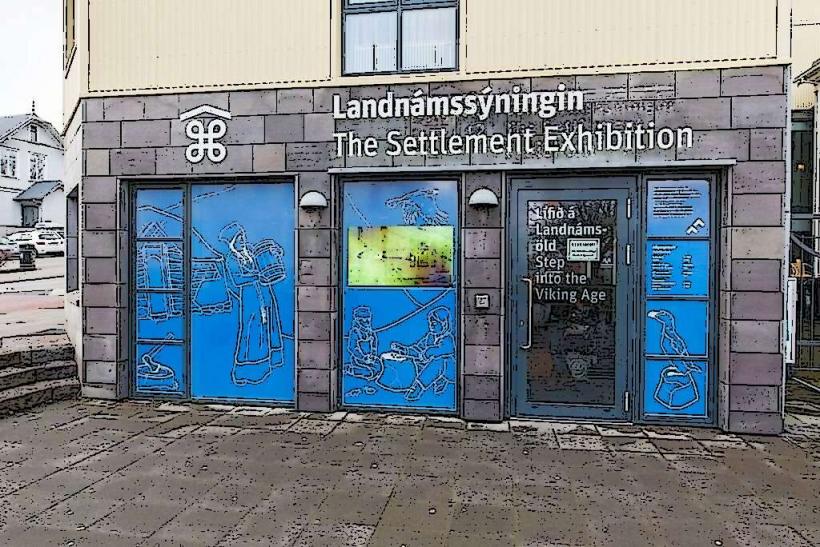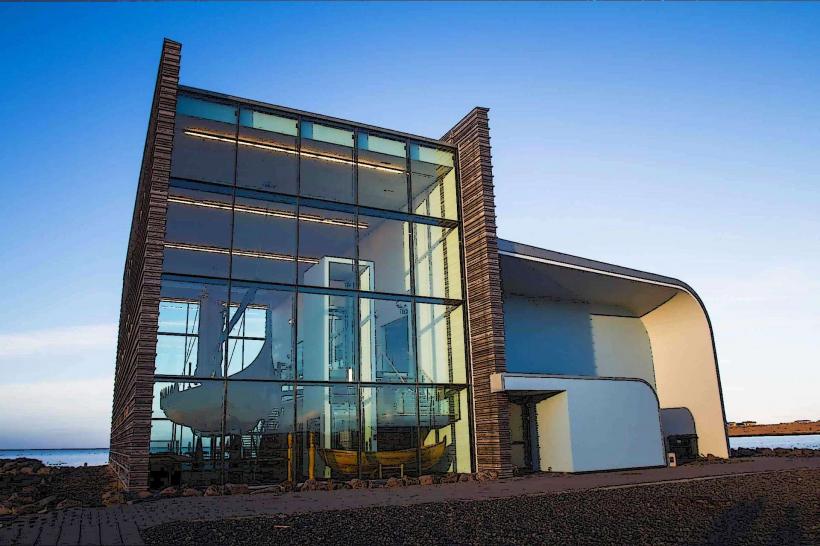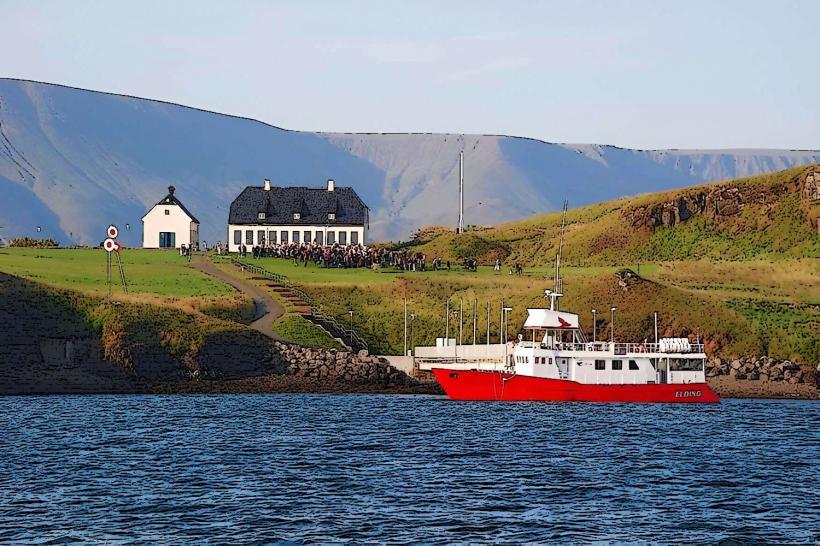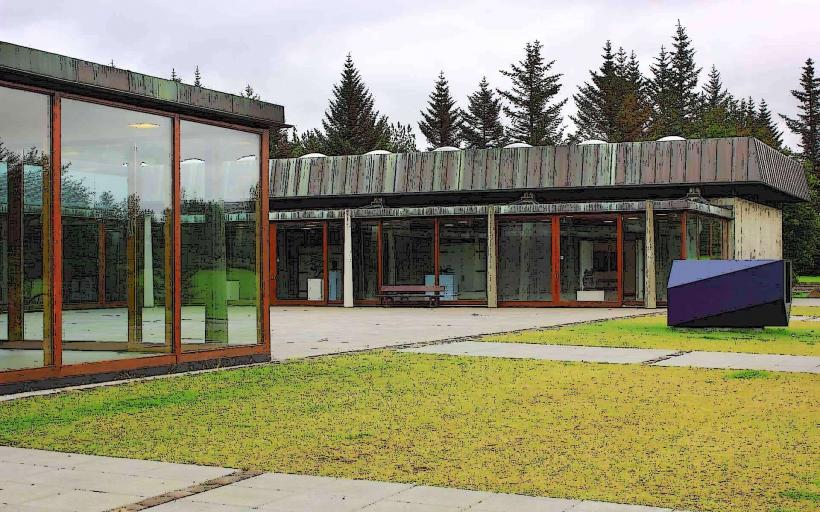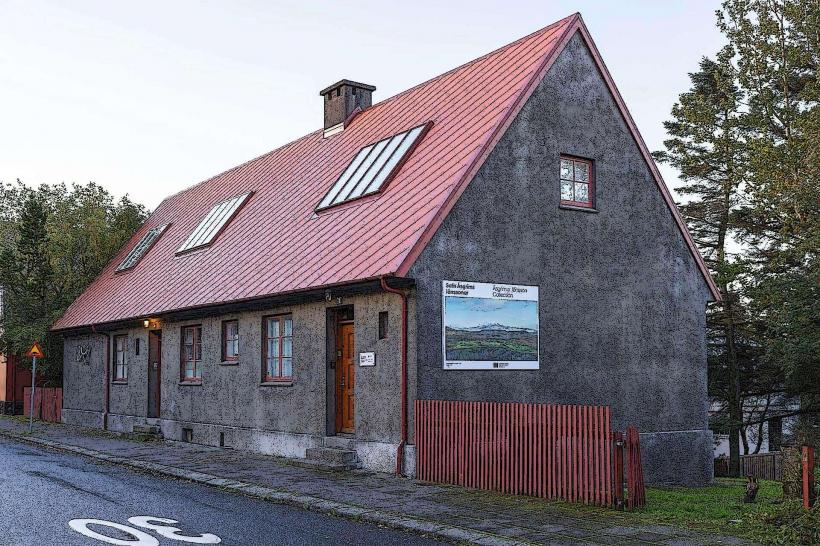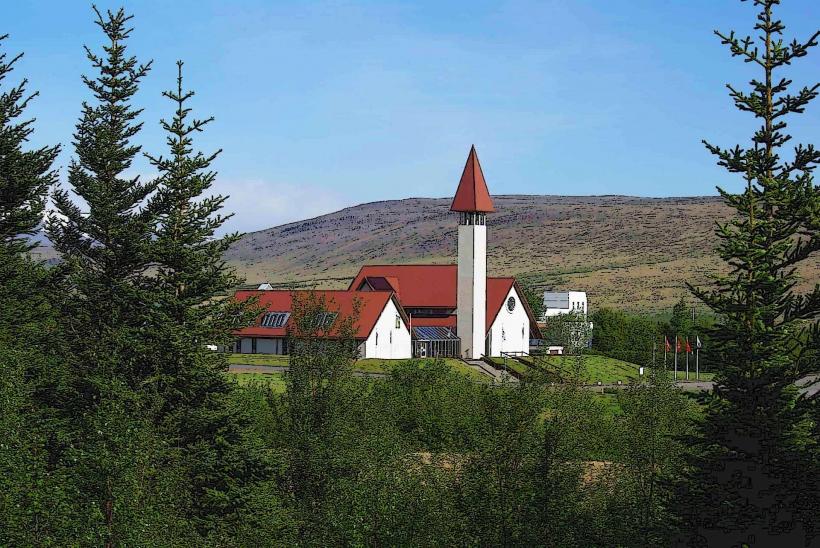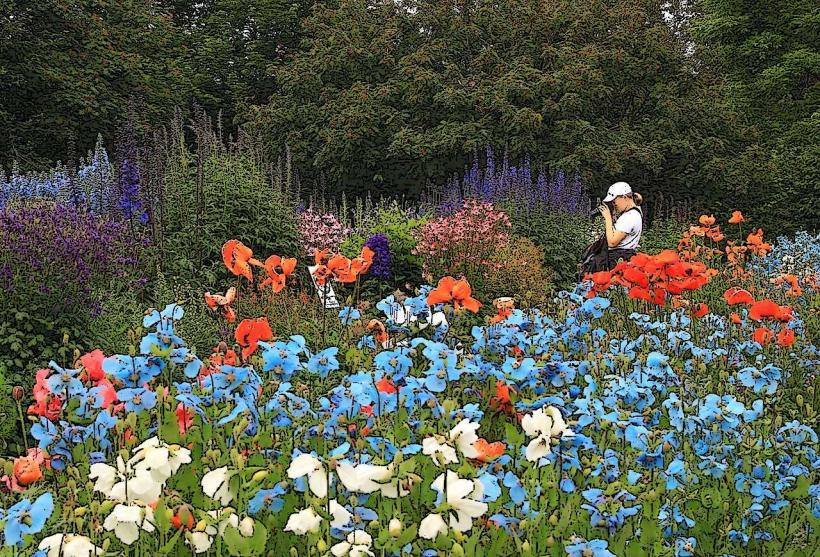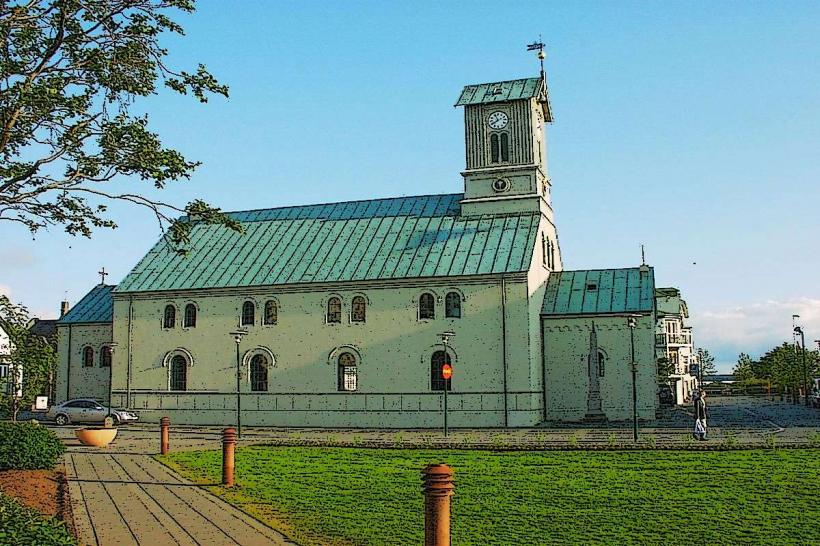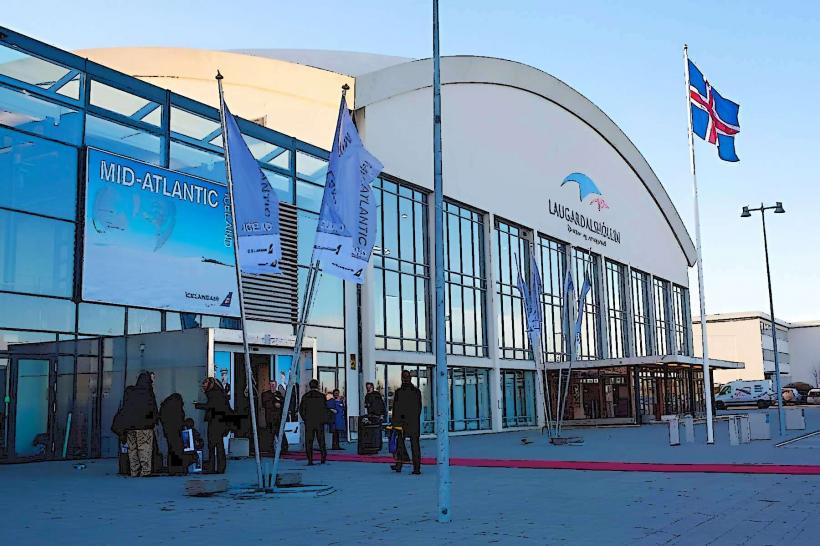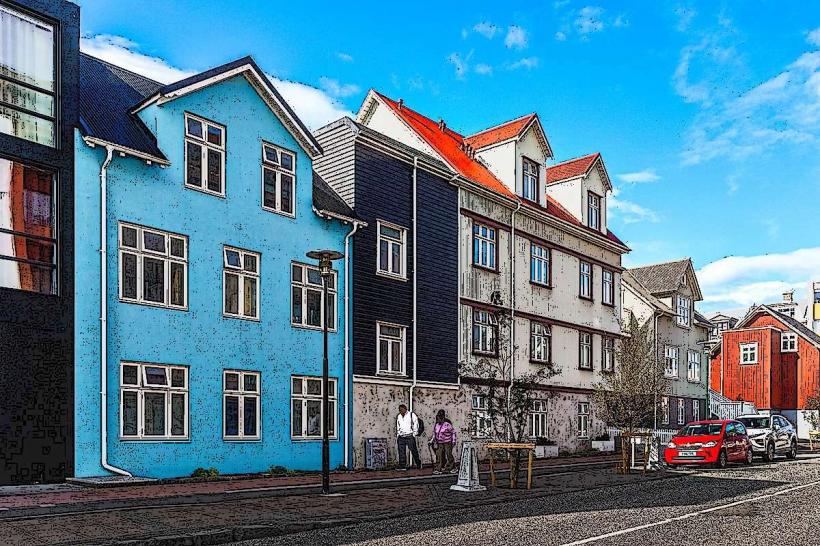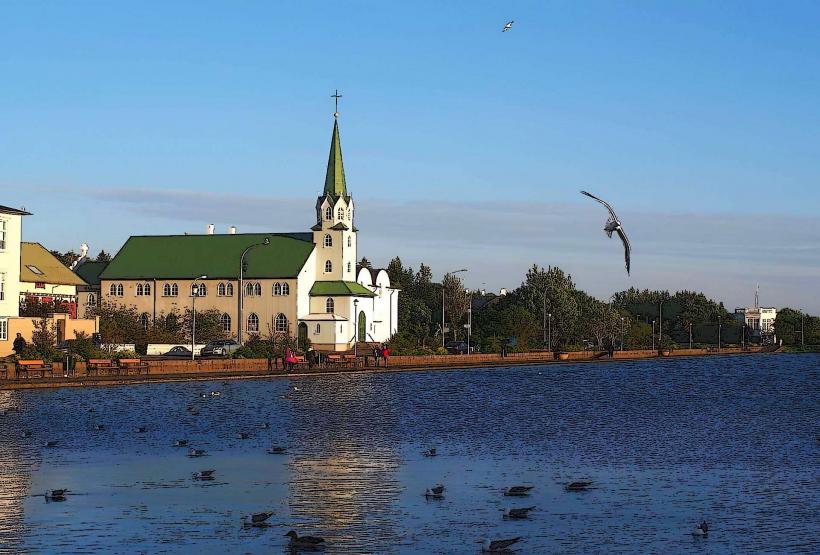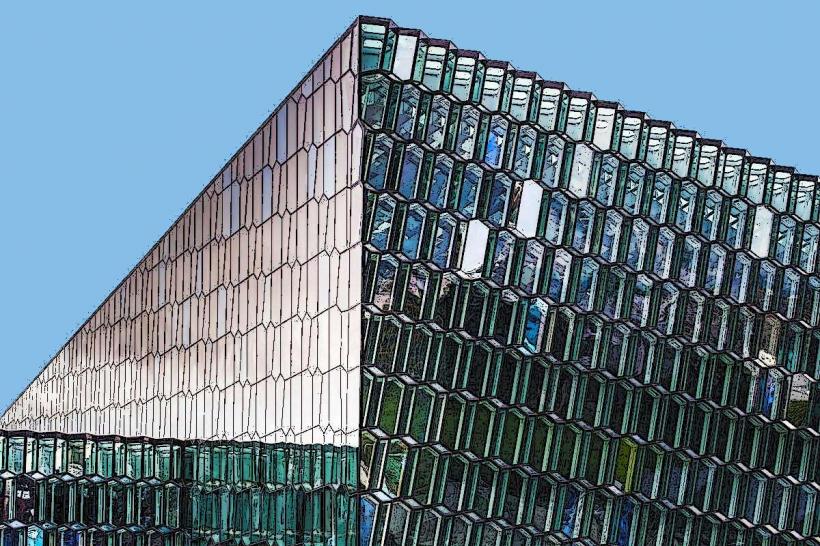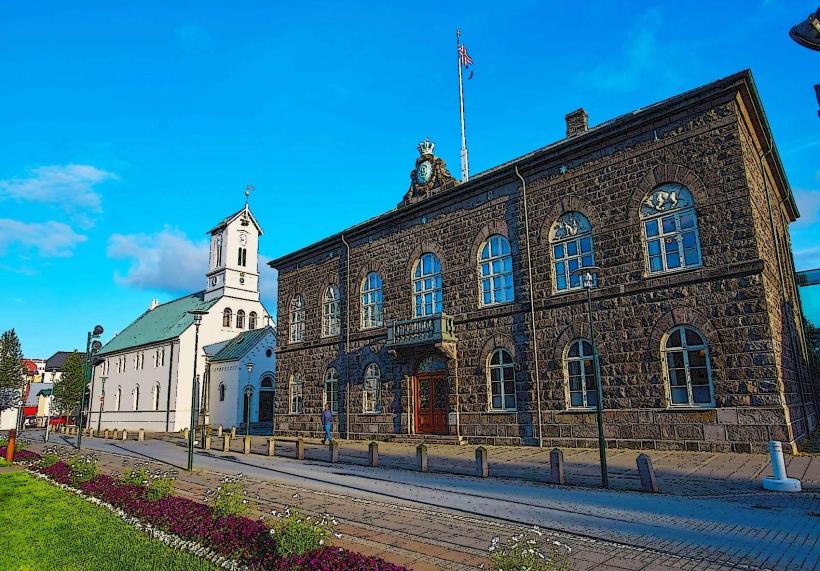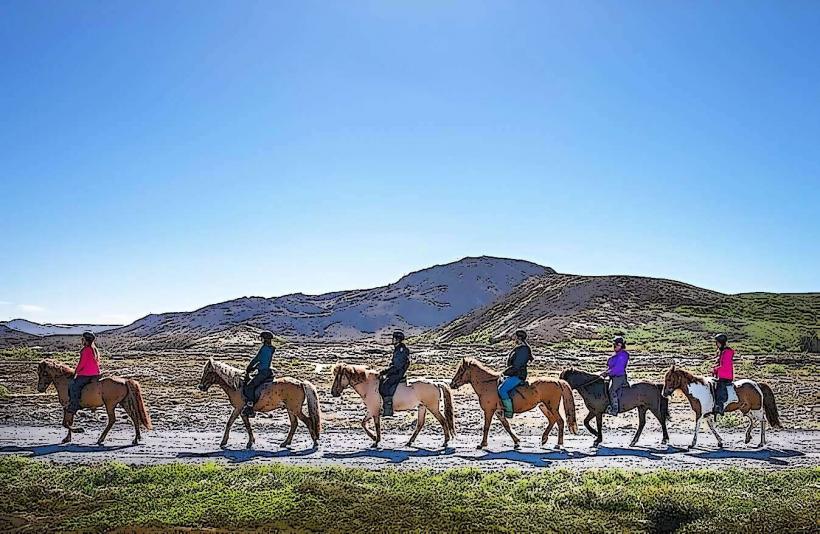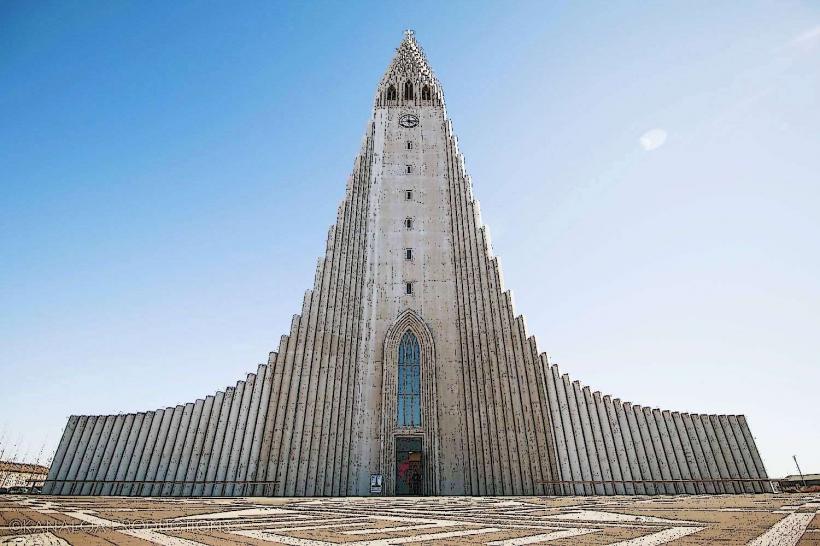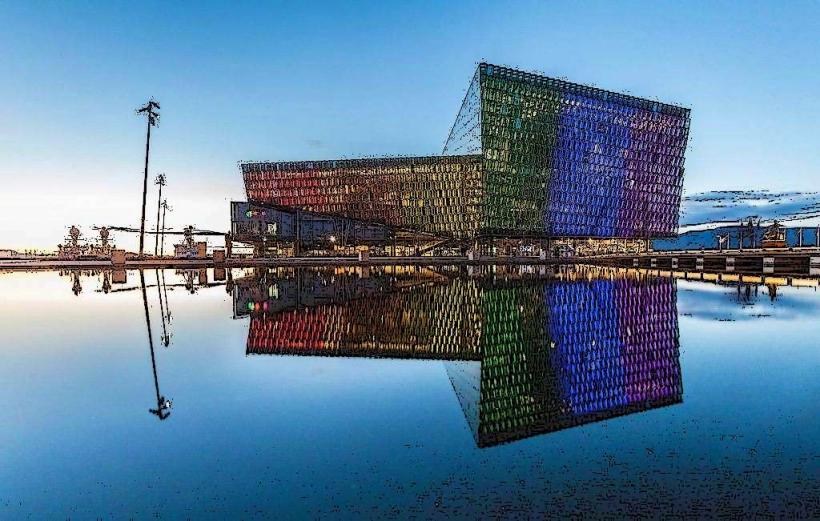Information
City: ReykjavikCountry: Iceland
Continent: Europe
Reykjavik, the capital and largest city of Iceland, is a fascinating blend of natural beauty, cultural richness, and modern urban life. Located on the southwestern coast of the island, it is the northernmost capital of a sovereign state in the world. Here's an overview of the city beyond its famous landmarks:
Geography and Climate
- Location: Reykjavik is nestled in a coastal area with peninsulas and coves, offering breathtaking views of the North Atlantic Ocean. The city is surrounded by low mountains and is characterized by volcanic terrain, which is evident in its rugged landscapes.
- Climate: Despite being close to the Arctic Circle, Reykjavik experiences a relatively mild subpolar oceanic climate, thanks to the Gulf Stream. Winters are chilly but not extreme, with temperatures averaging around 0°C (32°F), while summers are cool, with average highs of 13°C (55°F). The city experiences long daylight hours in summer and short, dark days in winter, offering opportunities for unique experiences like the Midnight Sun and Northern Lights.
Architecture and Urban Design
- Reykjavik features a mix of modern and traditional Icelandic architecture. The colorful corrugated-iron houses contrast with sleek, minimalist modern buildings.
- The city's layout is pedestrian-friendly, especially in the central area. Streets are often lined with independent shops, cafes, and galleries, creating a cozy, welcoming atmosphere.
- Sustainable urban planning is a priority, with efforts to integrate green spaces and renewable energy into daily life.
Culture and Lifestyle
- Art and Music: Reykjavik is a hub for Icelandic culture. Its vibrant art scene includes numerous galleries and studios showcasing contemporary and traditional works. Music is also central, with the city fostering artists across genres, from folk to electronic and indie rock.
- Language and Education: Icelandic is the primary language spoken, but English is widely understood. Reykjavik is home to the University of Iceland and several other educational institutions, making it a center for higher learning and research in the country.
- Cuisine: The culinary scene emphasizes fresh, local ingredients. Seafood and lamb are staples, and innovative chefs have developed a modern Nordic cuisine. Reykjavik also has a strong coffee culture and is known for its craft beer breweries.
Society and Community
- Reykjavik’s population is approximately 130,000, making it a small but cosmopolitan capital. It’s diverse, with a growing number of immigrants enriching the community.
- Icelanders are known for their friendliness and emphasis on equality and human rights. Reykjavik reflects this ethos with its progressive policies and inclusive social atmosphere.
Natural Features in the City
- Reykjavik's parks and outdoor spaces, such as Ægissíða along the seaside, offer serene environments for locals and visitors alike.
- Geothermal activity is a unique feature of the city, with outdoor pools and hot springs providing relaxation spots year-round.
- The city's proximity to nature allows for frequent wildlife sightings, including seabirds and occasional marine mammals along the coast.
Economy and Innovation
- Reykjavik drives Iceland’s economy with industries such as tourism, fishing, and renewable energy. The city has become a global leader in harnessing geothermal and hydroelectric power, significantly reducing its carbon footprint.
- The tech and creative industries are growing, with startups and tech firms establishing Reykjavik as an innovation hub.
Transportation
- The city prioritizes eco-friendly transportation, with a reliable bus system and increasing infrastructure for cyclists. While most locals rely on private cars, efforts to promote electric vehicles and shared mobility are gaining momentum.
- Reykjavik's port and nearby Keflavik International Airport connect the city globally, serving as Iceland’s gateway to the world.
Reykjavik is a dynamic city where modern urban living coexists harmoniously with nature and a rich cultural heritage. Its charm lies in its people, lifestyle, and the serene backdrop of Icelandic landscapes.

